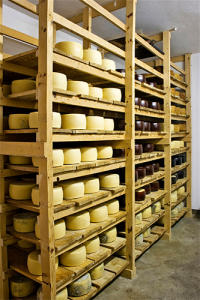WHO-GMP

GMP: Good Manufacturing Practices for Quality Standards
Good Manufacturing Practices (GMP) is a system of processes, procedures, and documentation that help ensure that products are consistently produced and controlled according to quality standards. These practices are required in order to conform to guidelines and regulations recommended by agencies that control authorization and licensing for the manufacture and sale of food, drug products, and active pharmaceutical products.
GMP guidelines and regulations require that manufacturers, processors, and packagers of drugs, medical devices, and food take proactive steps to ensure that their products are safe, pure, and effective. GMP guidelines and regulations address many issues that can influence the safety and quality of a product. Some of these are:
- Hygiene: Facilities must maintain a clean and hygienic manufacturing area.
- Controlled environmental conditions in order to prevent contamination and cross contamination.
- Manufacturing processes are clearly defined and controlled.
- Instructions and procedures are clear and unambiguous.
- Operators are trained to carry out and document procedures.
- Records are made either manually or by instruments during manufacture that demonstrate compliance with these guidelines and regulations.
- Records of manufacture (including distribution) enable the complete history of a batch to be traced are retained in a comprehensible and accessible form.
- The distribution of the products minimizes any risk to their quality.
- A system is available for recalling any batch of the product from sale or supply.
- Complaints are examined and investigated, and appropriate measures are taken with respect to the defective products and to prevent recurrence.

GMP applies to organizations that manufacture and process drugs, cosmetics, medical products, and food. Most GMP requirements are very general and open-ended, allowing each manufacturer to decide individually how to best implement the necessary controls.
Organizations that meet GMP or cGMP (current Good Manufacturing Practices) will not only comply with the legislation, but also will commit to a program which will substantially increase the quality of their product and increase revenues and customer satisfaction. Some other benefits of implementing GMP are:
- They outline a quality system that reduces or prevents errors.
- They ensure products are safe.
- They prevent and control contamination and cross-contamination.
- They prevent mislabeling and adulteration.
- They provide a better understanding and comply with the relevant laws and regulations.
- They enhance the international credibility and public image.
